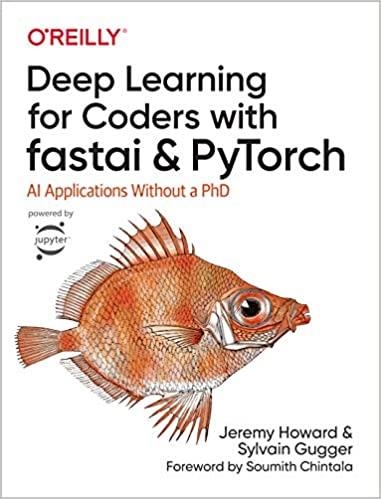-
C/ Hortes, 22 17001 Girona - 972 212 395 | De 9.30h a 13.30h y de 16.30h a 20.00h de Lunes a Viernes | Sábado de 9.00h a 13.30h y de 17.00h a 20.15hNo hay productos en la cestaBúsqueda avanzada
-
C/ Hortes, 22 17001 Girona - 972 212 395 | De 9.30h a 13.30h y de 16.30h a 20.00h de Lunes a Viernes | Sábado de 9.00h a 13.30h y de 17.00h a 20.15h





